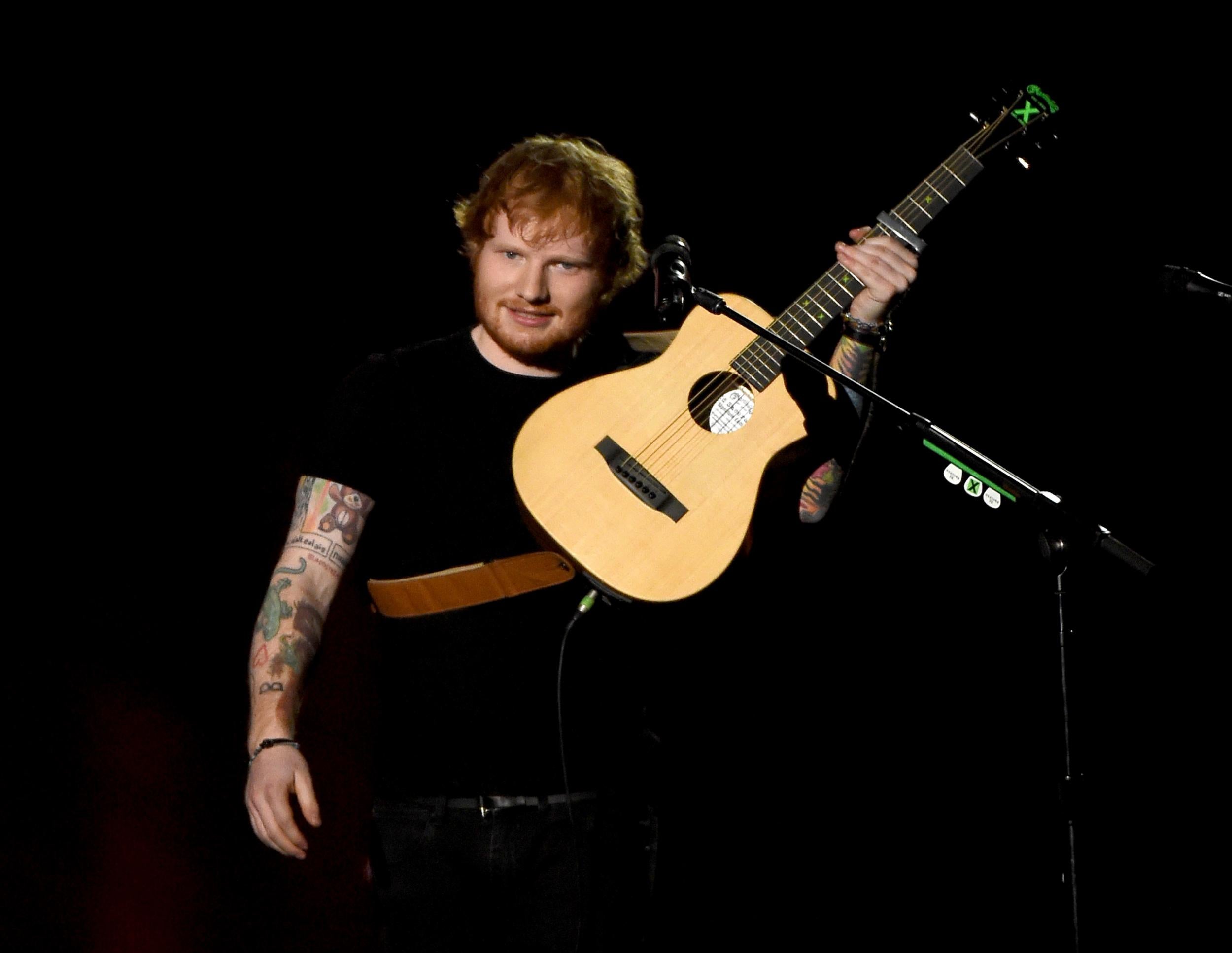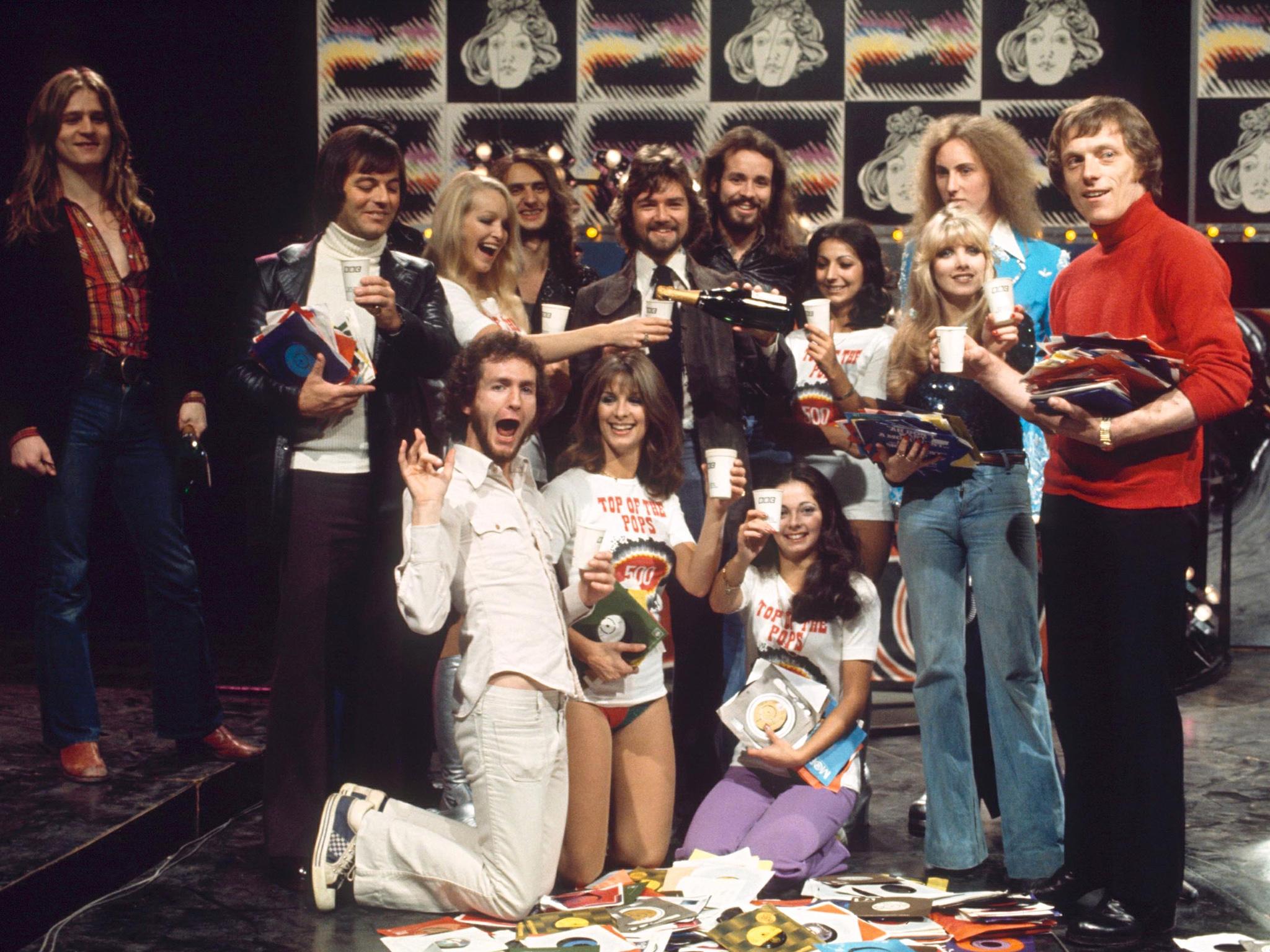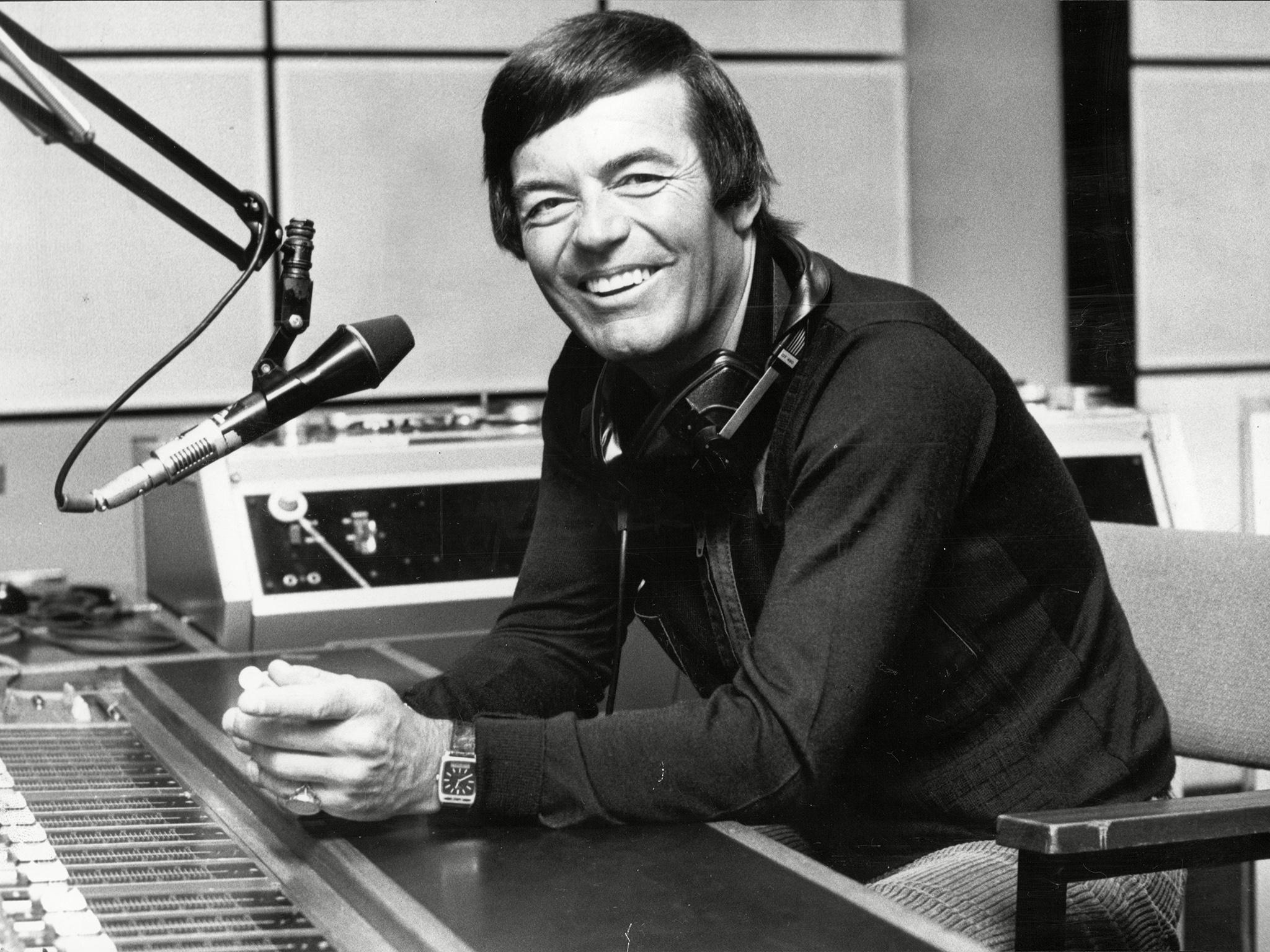Now Ed Sheeran is dominating almost all of the top 10, it's clear the pop charts are dead
In 1964 The Beatles held the top five positions on the Billboard Chart. That was notable because it was such an achievement: these were all actual singles, that were so good people kept buying them even as new ones were being released


It is 1981, a warm, bright Sunday evening in late May. I am standing on the soot-blackened stone wall that borders the primary school I am about to leave at the onset of summer. There are four other boys with me, and resting on the wall is a transistor radio.
The DJ is counting down from 10 to one. We all know what’s coming at the end of it, by dint of a process of basic elimination, but there’s an electric thrill building nonetheless. The expected announcement comes: “And at number one, for the fourth week running… It’s Adam and the Ants with ‘Stand and Deliver’!”
I can’t remember now whether we had pre-arranged what happened next, or if it was a result of that strange group telepathy that we now often forget we employed on an almost daily basis as children, but we all gave a high-pitched whooping holler and leapt off the wall in unison.
In my memory we never hit the sloping grass field, but are preserved like a grainy Polaroid picture, frozen in flight arms blurring in a moment of flailing joy. It is 1981, and the pop charts mean something. The hit parade, as our parents call it to our groans and rolling eyes, is important. Everybody knows what’s number one. Everybody can name the top 10, at the very least. We know the new entries and what’s slipping down the rankings.
And now it’s gone. I’m calling it. And it’s all Ed Sheeran’s fault. As I write this, the midweek chart rankings have just been released, and Ed Sheeran has nine – count ‘em, nine! – songs in the top 10. He’s expected to have 16 songs in the top 40 when the countdown is officially unveiled on Sunday.

But will anybody be listening? Does anybody care? Has the pop charts finally, officially, ignominiously, just been put to death with half a housebrick repeatedly smashed into its head?
Well, it’s not really Sheeran’s fault. He’s just done what pop stars do – released an album. But the absolute mess the pop charts have become means that it no longer has an relevance or meaning. Sheeran’s domination of the charts this week is nothing to do with the number of singles he’s released, but the fact that every paid-for download or stream of digital music now gets collated, added up and given a chart position, meaning that pretty much every track off his new album ÷ (yes, I know. Divide, apparently) which has been individually downloaded, makes the grade for the singles chart.
And where, I wonder, is the fun in that? I’ve just asked my 12-year-old daughter who’s top of the charts.
“Ed Sheeran?” she hazards, though she would have been very unlucky to get it wrong this week.
“Do you ever listen to the Top 40 on Radio 1?” I ask. She shrugs.
“I listen on Spotify.”
Oh, don’t worry: I know I’m old and not with it, if I ever was. I cling on to outmoded culture consumption rituals. I still like watching TV dramas when they are actually broadcast, week by week, rather than waiting to binge watch them. I like the heft of a paperback book in my hands. I like holding a disc of black vinyl sandwiched between the palms of my hands and blowing non-existent dust from its grooves.
But I long ago resigned myself to the fact the water cooler moment of the pop charts was no more. The last time I remember caring was on a drive home on a dark December night, waiting to see if The Darkness would beat Gary Jules and Michael Andrews’ cover of Tears for Fears’ "Mad World" to the Christmas number one. (They didn’t). That was 2003.
Two years later the Official Chart Company allowed downloads to be eligible. Understandable, and I’m no Luddite, but that was where the rot set in. In 2014, streaming from services such as Spotify was allowed, and I threw up my hands and walked away. The first track to reach number one under this new rule? "Thinking Out Loud" by – of course – Ed Sheeran.
So why do you care, grandad? Because I just do. I understand fully the democratising nature of allowing downloads and streaming, and I am pleased it could give bands and artists who don’t have a label a chance at pop stardom. But it’s like a genie’s been let out of a bottle and laid waste to everything. If nine songs in the top 10 are from the same artist, then what’s the point of it all?
And yes, you are going to tell me that in 1964 The Beatles held the top five positions on the Billboard Chart. But that was notable because it was such an achievement: these were all actual singles, that were so good people kept buying them even as new ones were being released. It was a phenomenon, notable because it hadn’t happened before or since. Until this week.

Still: get with the programme, old man. The thing is, it feels to me like we need unifying moments more than ever these days. We’re such a divided society in so many ways that even little things that can bring us together. Even just finding out, all at the same time, which song is the best-selling one in the country, seems like it would be a victory, of sorts.
It would be a victory, too, to have diversity, choice and variety instead of the bland, pale homogeny of one artist dominating the top 10 with nine positions.
By virtue of the internet (oh, the irony, you cry) I can see exactly what was in the top 10 that week in 1981 that’s preserved in aspic in my memory: Adam and the Ants, of course; Shakin’ Stevens; Stars on 45; Kim Wilde; Tottenham Hotspur’s FA Cup song! Tenpole Tudor; Smokey Robinson; REO Speedwagon; Toyah; Kim Carnes.
And don’t worry, kids, I’m not saying the music was any better then than it is now (rider: it was) – but it was different. All of it. And that, as in so many ways then and now, is something to be celebrated and cherished.
There’s no stopping Ed Sheeran, of course. I am, however, toying with the idea of downloading The Chainsmokers and Coldplay’s joint effort – the only non-Sheeran song in the midweek updates – enough times to try to get it to the top spot, just out of pure mischief.
Even so, I won’t be jumping off any walls come Sunday teatime. I don’t even like Coldplay. I mean, they're no Adam and the Ants, are they? Then again, especially these days, who is?






Join our commenting forum
Join thought-provoking conversations, follow other Independent readers and see their replies